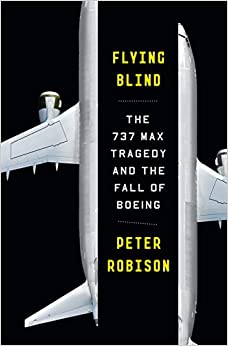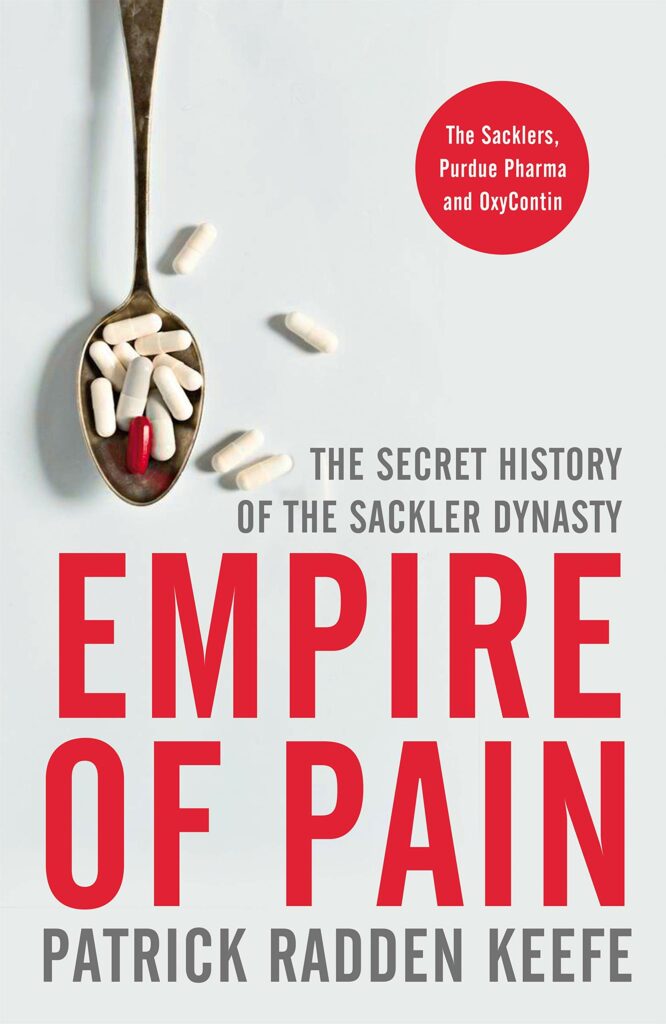Isn’t it odd that so many great books have been written on corporate crime in recent years and yet so very few win the top prize in American journalism – the Pulitzer Prize?
In the first twenty-one years of this century, winners in the general nonfiction book category included books about race, immigration, overseas terrorism, and Nazis.
But only two about corporate crime in the USA.
In 2014, journalist Dan Fagin won the Pulitzer for his book – Toms River: A Story of Science and Salvation (Bantam Books), a book that takes a deep dive into a New Jersey seashore town’s cluster of childhood cancers linked to water and air pollution.
Fagin notes on page 287 of the book that the company at the heart of the pollution, Ciba-Geigy, and two former executives pled guilty to reduced misdemeanor charges of illegally dumping hazardous liquids and other banned wastes into the factory’s lined-but-leaky landfill in 1981 and 1984.
“The plea deal allowed the company to keep claiming that its illegal actions were unintentional, because the state dropped the more serious charges that Ciba-Geigy had deceived regulators by filing false reports and altering records,” Fagin writes.
And Eliza Griswold won in 2019 for Amity and Prosperity: One Family and the Fracturing of America (Farrar, Straus and Giroux) a story of an Appalachian family struggling to retain its middle class status in the shadow of destruction wreaked by corporate fracking.
That’s two out of twenty-one Pulitzer Prize winning nonfiction books this century.
Why only two?
Certainly it’s not that great books on corporate crime are not being written.
Just this year, there have been a number of them, with two remarkable ones standing out.
Empire of Pain: The Secret History of the Sackler Family by Patrick Radden Keefe (Doubleday 2021). The book documents what may be the corporate crime of the century – the marketing of opioids that fueled an epidemic that caused the deaths of hundreds of thousands.
And Flying Blind: The 737 MAX Tragedy and the Fall of Boeing by Peter Robison (Random House, 2021). Robison delves deep into Boeing’s corporate crime that took the lives of 346 innocents in two deadly plane crashes.
The Pulitzer Prize Board, which decides the winners, is dominated by leaders of corporate mainstream news outlets, including National Public Radio, the Washington Post, the Los Angeles Times, The New Yorker and the New York Times.
Last year we documented National Public Radio’s corporate criminal connections. (NPR and the Corporate Criminal Element, October 21, 2020).
We flipped through NPR donors page and found a number of corporate criminal donors, including — ExxonMobil (guilty plea Exxon Valdez oil spill), Lumber Liquidators (guilty plea environmental crimes), Panasonic (guilty pleas antitrust crimes) and Tyson Foods (guilty plea clean water violations).
ExxonMobil, Lumber Liquidators, Panasonic, Tyson Foods — those are just some of the major corporate donors to NPR that have pled guilty to crimes.
And then there are many more major corporations on the NPR sponsors list that settle serious criminal charges with the watered down deferred and non prosecution agreements.
Also last year, we looked at New York Times and Washington Post live events sponsored by corporations with significant criminal track records. (Corporate Crime at the New York Times and Washington Post, September 15, 2020).
Those journalists and academics of the Pulitzer board who come from outside the corporate mainstream are more interested in race, immigration, gender and identity than they are in corporate power and corporate crime.
As are the corporate criminals.
Does Boeing want to address issues like corporate manslaughter? No.
Instead you will find these announcements on Boeing’s web site:
Boeing Hosts First LGBTQ and Allies Leadership Forum (March 27, 2018).
Boeing Donates More Than $10 Million to Support Racial Equity and Social Justice Nonprofits and Programs (August 26, 2020)
Boeing Contributes $1 Million for Hispanic and Latinx Support Organizations Across the U.S. (September 30, 2021).
It appears that Boeing and other major corporate criminals and the Pulitzer board are on the same page when it comes to questions of corporate crime and justice.
The Pulitzer Prizes will be announced in early April, 2022.
We shall see if the pattern holds.

